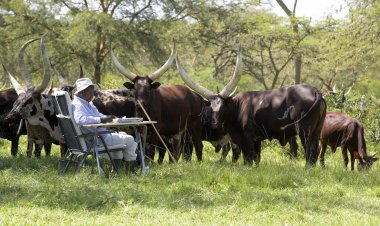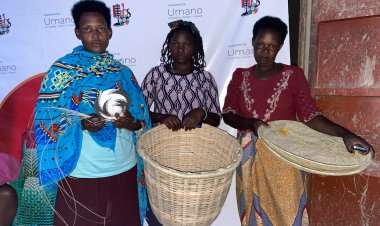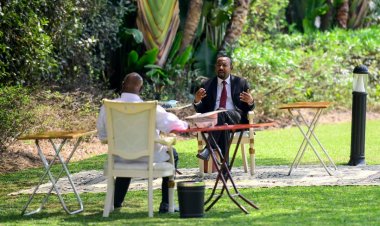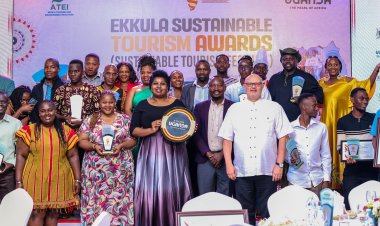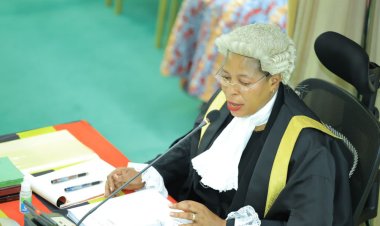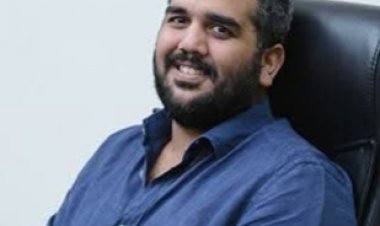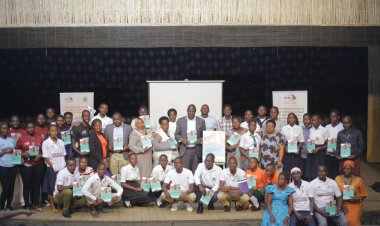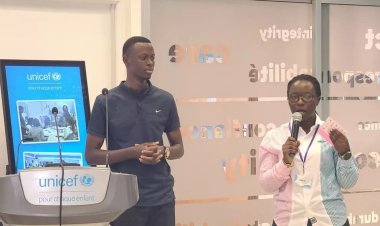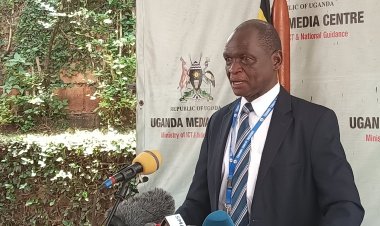ATEI Empowers Batwa Community to Advocate for their Culture Through Sustainable Tourism
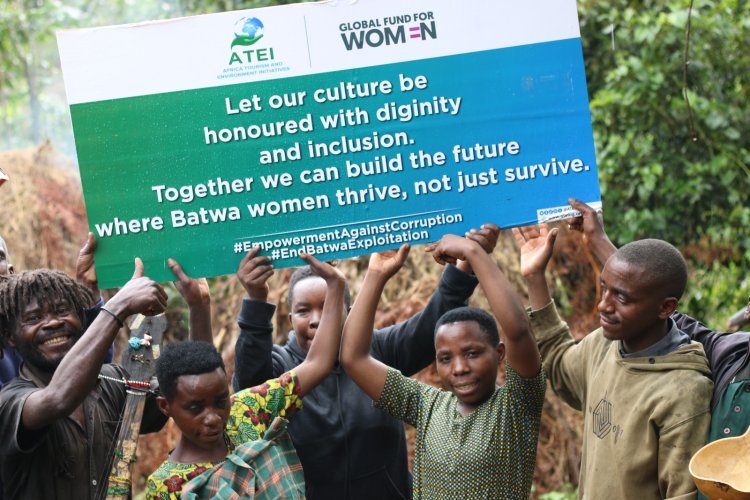
Africa Tourism and Environment Initiatives (ATEI) has concluded a week-long, training program designed to uplift one of Uganda's most marginalized groups - the Batwa community.

For generations, the Batwa, often referred to as "pygmies" have faced systemic exclusion, marginalization, and challenges in preserving their cultural heritage after being displaced from their ancestral lands.
This initiative by ATEI aimed was aimed at equipping the Batwa with crucial skills to enable them to flourish in the tourism sector.
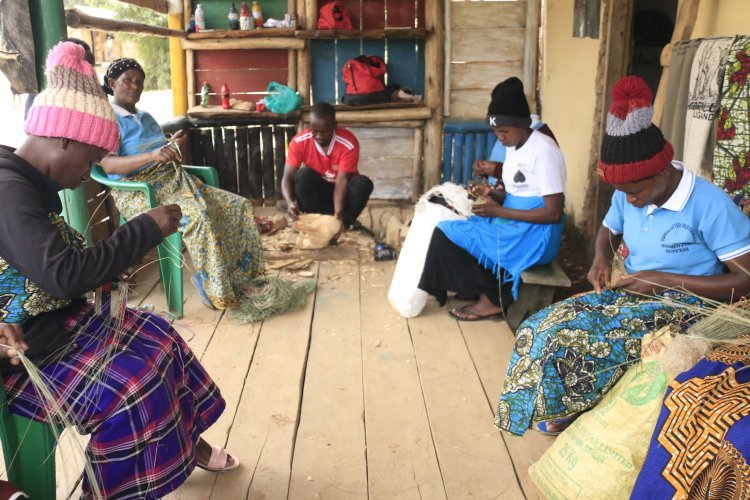
The training focused strongly on empowering these individuals, particularly Batwa women, to resist exploitation, secure fair opportunities, and become advocates for their own culture and future. The training emphasized fostering inclusion, respect, and fairness.
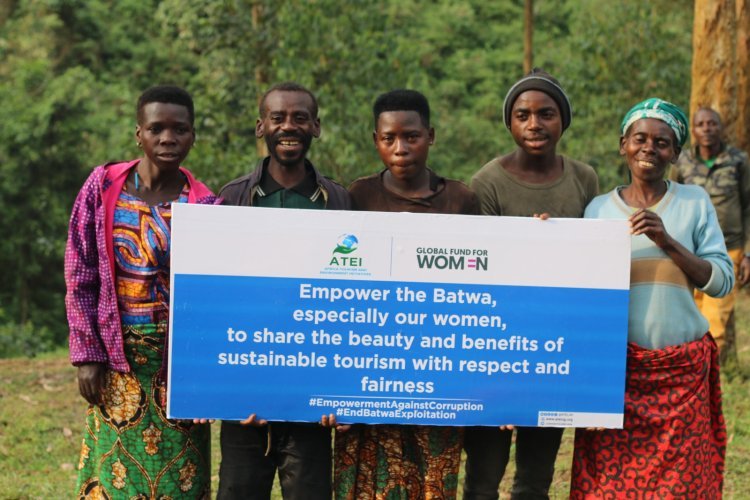
According to the Executive Director of ATEI, Bismac Moses Amumpaire, the goal of this initiative is to “help the Batwa reclaim their rightful place within Uganda’s vibrant tourism industry."
He notes that, "Through skill-building and awareness programs, we are empowering them not only to benefit economically but also to share their rich cultural heritage with the world.”
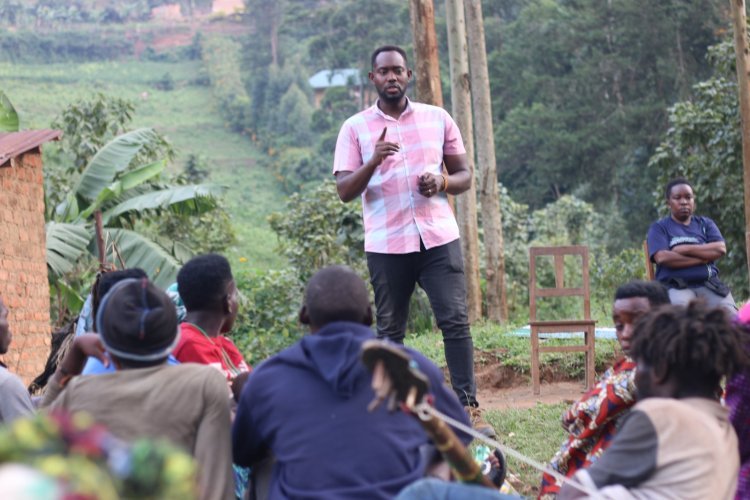
Amumpaire highlighted the importance of sustainable tourism as a means for the Batwa to gain autonomy and thrive;
"They have a unique story to tell, and the world needs to hear it from their perspective. Tourism should be a tool for justice and dignity, not exploitation."
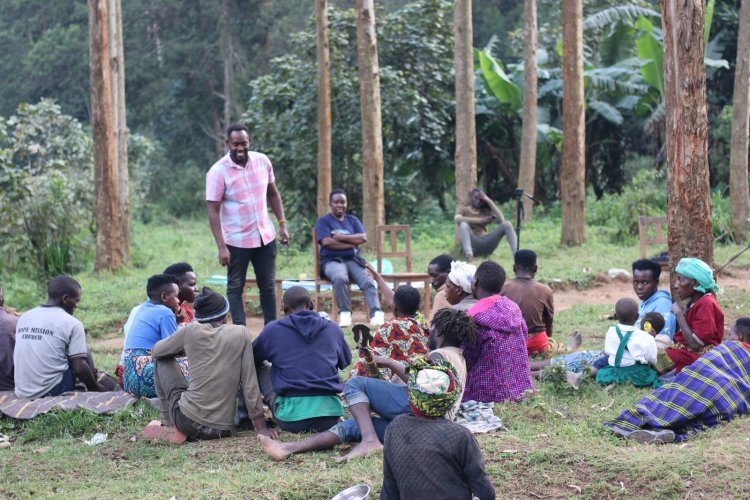
The Batwa, once hunter-gatherers, were the original inhabitants of the Bwindi and Mgahinga forests. Following the creation of national parks in the early 1990s to protect Uganda’s gorillas, they were evicted from their ancestral lands and most without compensation or alternative means of livelihood.
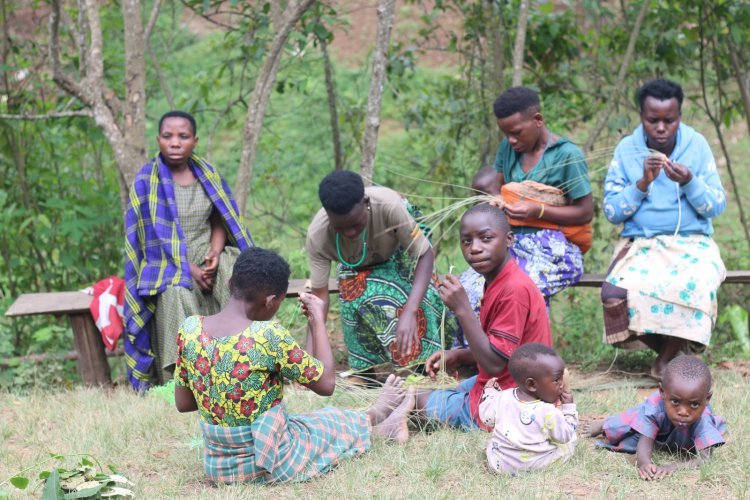
Today, the Batwa population in Uganda is estimated to be around 6,700, making them one of the smallest and most vulnerable ethnic minorities in the country.
They live primarily in the districts of Kisoro, Kanungu, and Kabale, often under severe socio-economic strain.
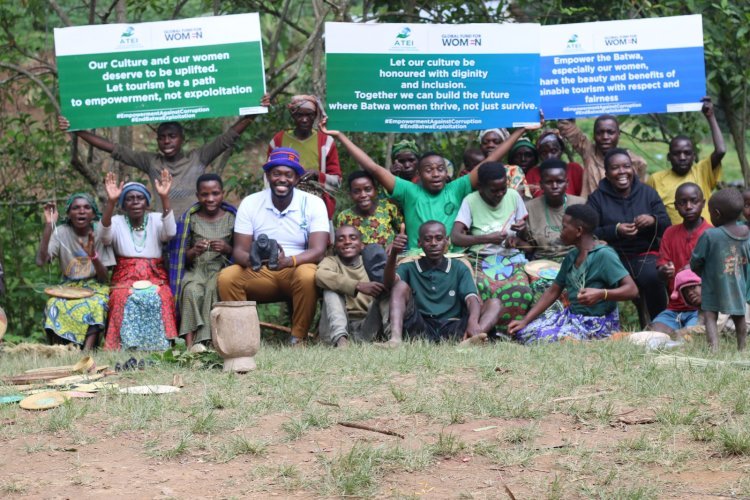
The Batwa have faced economic deprivation, poor healthcare, and limited access to education. A 2019 survey by the Batwa Development Program found that 70% of Batwa families live below the poverty line, with many surviving on less than $1 a day.
Moreover, illiteracy rates are high, particularly among women, and access to healthcare is limited, resulting in poor health outcomes.
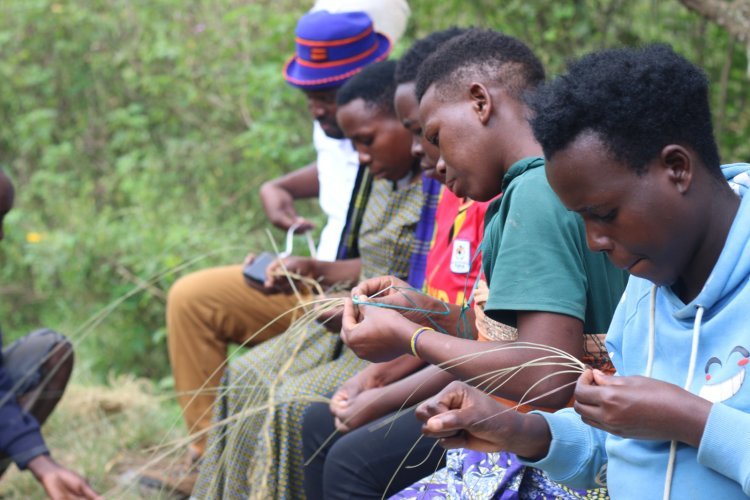
However, despite these challenges, the Batwa have retained a strong sense of identity and a rich cultural history. Music, dance, oral traditions, and their deep knowledge of the forest ecosystem form the foundation of their heritage. But without land rights or economic opportunities, preserving this culture has been an uphill battle.
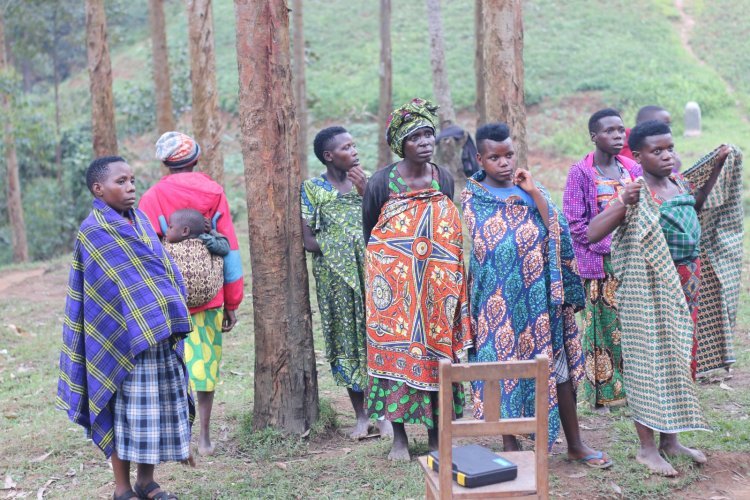
A key focus of ATEI’s training was on empowering Batwa women, who are traditionally custodians of their community’s knowledge, music, and dance. By building skills in tourism-related activities such as handicrafts, tour guiding, and storytelling, these women are being equipped to become active participants in the tourism industry.
They will now be able to showcase their traditions to visitors, sharing their way of life while generating income for their families.
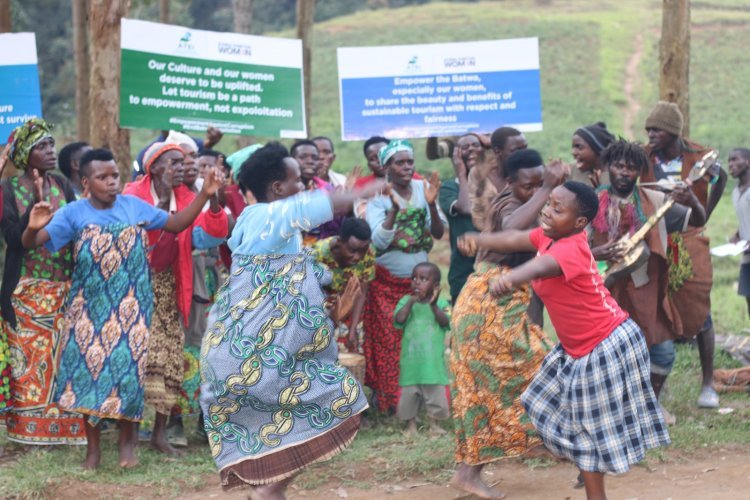
The impact of this training will soon be on full display at the prestigious Ekkula Sustainable Tourism Awards set to happen on Friday, November 15th, 2024, at the Kampala Sheraton Hotel.
Here, the Batwa will take center stage, sharing their cultural heritage with an audience of tourism professionals, government officials, and international guests.
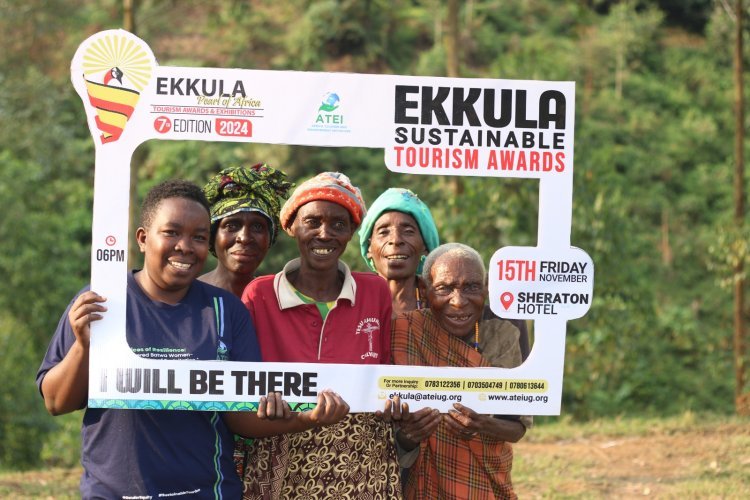
Their participation aligns with this year’s awards theme: "Advancing Sustainable Tourism, Peace, and Green Investments for Improved Livelihoods." It is a powerful testament to the Batwa’s resilience and their commitment to shaping their future in an industry that has historically overlooked them.
Amumpaire is optimistic about the long-term effects of such initiatives;
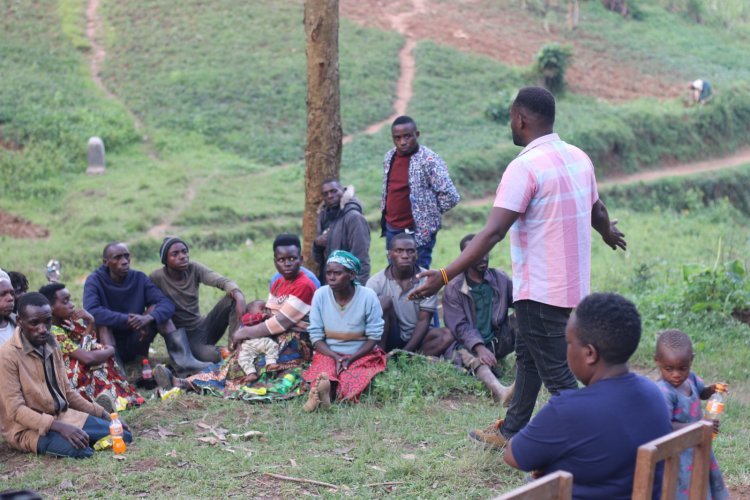
"The Ekkula Tourism Awards provide a platform for these women to showcase their culture in a dignified manner. They are no longer passive recipients of aid but active contributors to Uganda’s tourism success."
This shift is monumental, and it’s only the beginning of a much larger movement toward inclusivity and sustainable development."
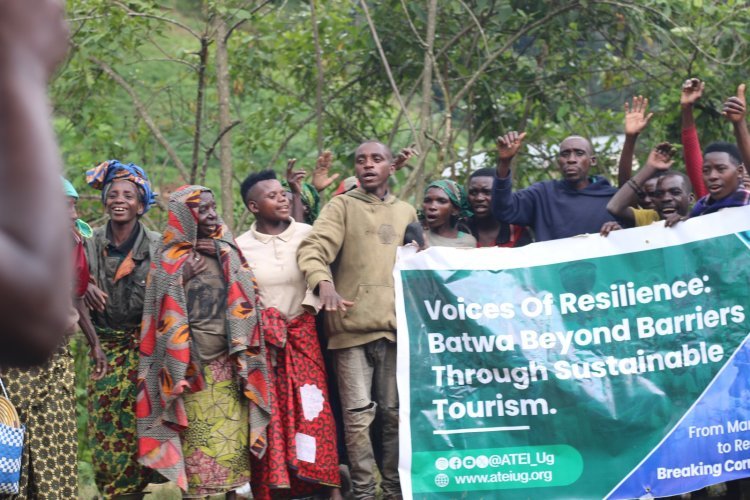
Through ATEI’s initiatives, they are gaining the tools to rise above their circumstances, turning their unique cultural identity into an asset for sustainable development.









